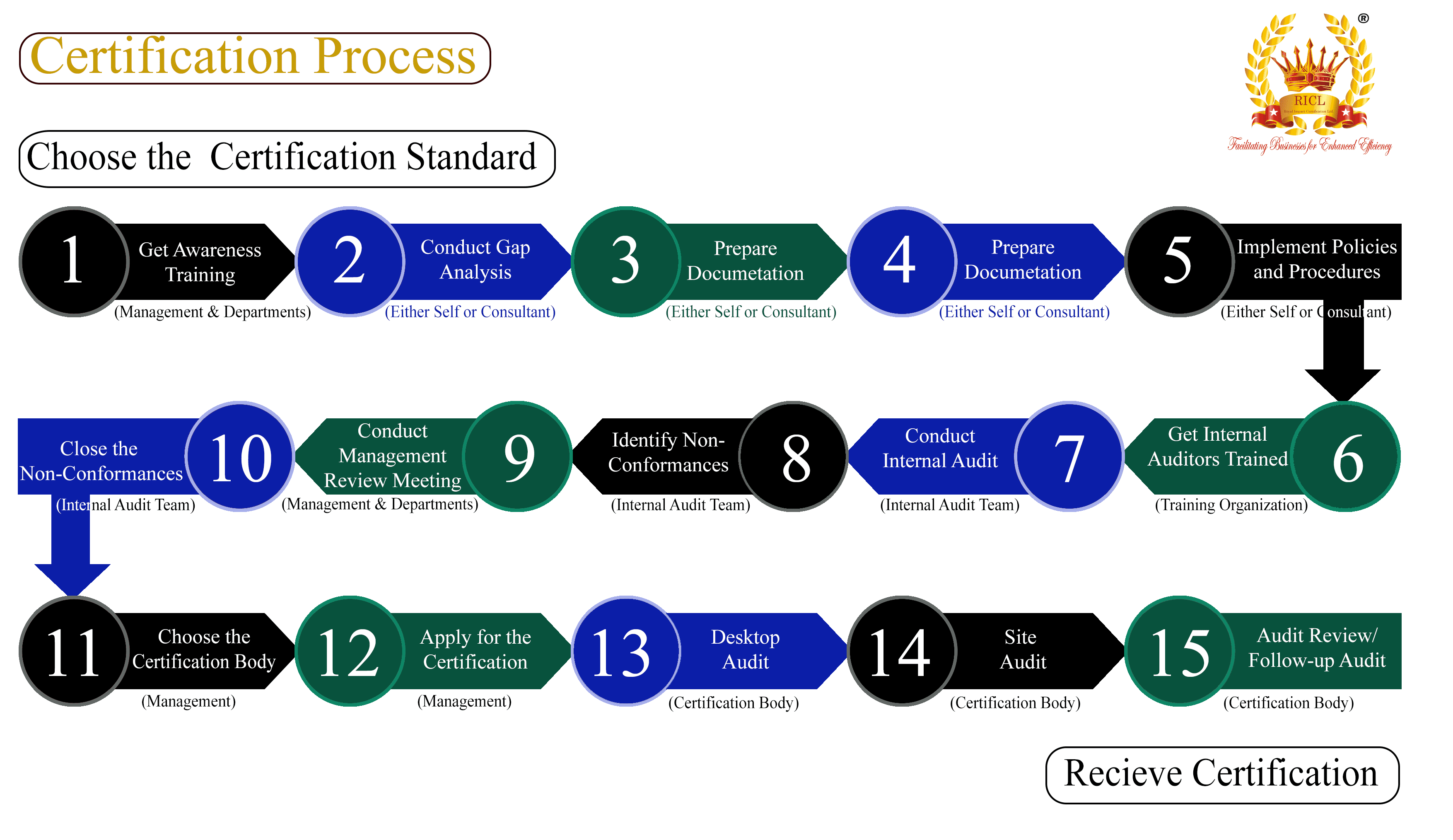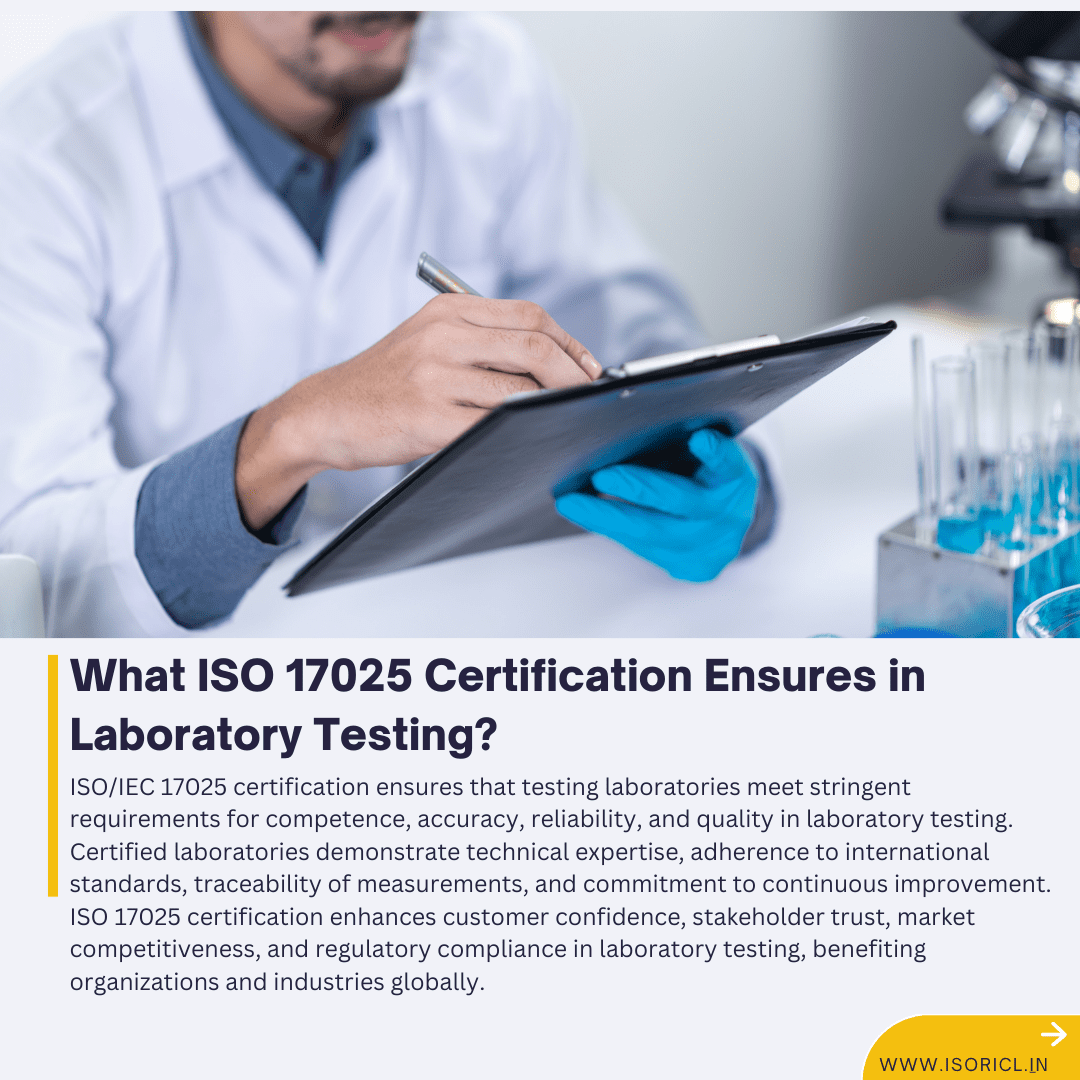
Automotive
The automotive industry, known for its high-volume and complex supply chains, heavily relies on standardization to ensure quality, safety, and efficiency.
The automotive industry, known for its high-volume and complex supply chains, heavily relies on standardization to ensure quality, safety, and efficiency. ISO certifications play a crucial role in this sector by providing frameworks that enhance product quality, operational efficiency, and customer satisfaction. Here’s a detailed explanation of how ISO standards influence the automotive industry:
ISO 9001: Quality Management Systems (QMS)
ISO 9001 is the foundation of quality management systems and is widely adopted in the automotive industry. It helps manufacturers and suppliers consistently meet customer requirements and regulatory obligations, and enhances customer satisfaction. Key elements include quality management principles such as strong customer focus, the motivation and implication of top management, the process approach, and continual improvement.
ISO/TS 16949: Quality Management Systems (specific to automotive production and relevant service part organizations)
ISO/TS 16949, now IATF 16949, is an automotive-specific quality management system that aligns and consolidates the various certification standards within the global automotive supply chain. It emphasizes defect prevention, reduction in variation and waste in the supply chain, and continuous improvement. It is particularly important for aligning quality management principles across countries and continents in the global automotive industry.
ISO 14001: Environmental Management Systems (EMS)
ISO 14001 helps automotive companies develop a systematic approach to managing environmental impacts. Given the environmental scrutiny of manufacturing processes, this standard helps companies enhance their environmental performance through more efficient use of resources and reduction of waste, gaining a competitive advantage and the trust of stakeholders.
ISO 45001: Occupational Health and Safety Management Systems
ISO 45001 provides a framework for managing health and safety risks within the automotive industry. The focus is on preventing work-related injury and ill health and providing safe and healthy workplaces. Considering the high-risk nature of automotive manufacturing, this standard is critical for protecting workers.

Benefits of ISO Certification in Electrical and Electronic Industry
Enhanced Product Quality and Reliability: Helps in reducing the defect rates and increasing the reliability of electrical and electronic products.
Compliance with Regulations: Assists companies in meeting stringent compliance requirements, particularly in highly regulated sectors like medical electronics.
Improved Environmental Performance: Encourages practices that reduce harmful impacts on the environment.
Market Expansion: ISO certifications are often prerequisites in global supply chains, enhancing competitiveness and market access.
Customer Trust: Certification reassures customers about the company’s commitment to quality and safety standards, which is crucial in building and maintaining trust.
[formsapp id=”662f63f6c4dd546c9916c3db”]
Related Standards
The Automotive industry is governed by several ISO standards that help ensure quality, safety, security, environmental responsibility, and overall efficiency. Here are some key ISO standards related to the industry:

ISO 9001
Quality Management System

ISO 14001
Environmental Management System

ISO 45001
Occupational Health and Safety Risks

IATF 16949
Quality Management For Automotive
LATEST BLOGS
ISO 10002 Enhancing Customer Satisfaction and Complaint Handing Introduction ISO 10002 is an international standard that provides guidelines for the process of …
Who benefits from ISO 50001 Certification for energy performance? ISO 50001 Certification for energy performance benefits a wide range of stakeholders, including …
What ISO 17025 Certification ensures in Laboratory testing? ISO 17025 Certification ensures a high standard of competence and reliability in laboratory testing …



